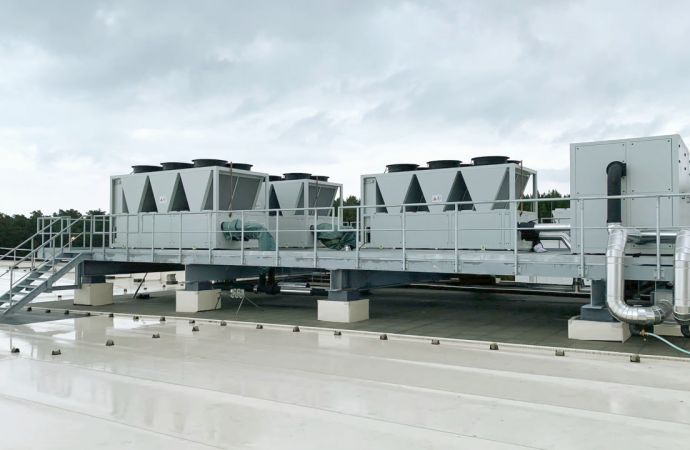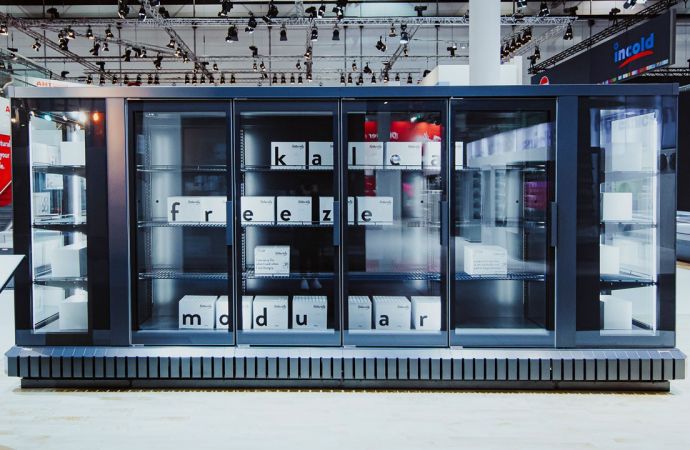Natural refrigerants such as isobutane can boost the efficiency of wine coolers, according to the Brazilian compressor manufacturer.

On 18 July, the U.S. Department of Energy released a final rule requiring manufacturers to test the energy efficiency of fridges used for wine. It came into force 30 days later.
The rule covers “different types of refrigeration devices that include one or more compartments that maintain higher temperatures than typical refrigerator compartments, such as wine chillers and beverage coolers”.
The new rule sees wine coolers in the US tested for temperature settings and energy use. It defines ‘coolers’ as “a cabinet, used with one or more doors, that has a source of refrigeration capable of operating on single-phase, alternating current and is capable of maintaining compartment temperatures either no lower than 39°F, or in a range that extends no lower than 37°F but at least as high as 60°F”.
Embraco see an opening for natural refrigerants here. “There are OEMs today producing under-counter wine coolers that use hydrocarbons. Most wine coolers are not likely to use propane – they will use isobutane (R600a),” John Prall, technical support engineer at Embraco, told hydrocarbons21.com.
“When switching to a hydrocarbon refrigerant, we typically see significant efficiency improvements, as well as a reduction in energy consumption and better reliability of the equipment,” Prall said.
Embraco report that use of isobutane in wine coolers is currently more prevalent in the European market. “But we’re seeing an expansion of the use of this gas in the U.S. market,” Prall said.
By utilising a compressor with a hydrocarbon refrigerant, you will naturally have an efficiency improvement compared to HFC refrigerants."
- John Prall, Embraco
Wine coolers differ from other fridges in that they are designed to display their contents. The operating temperature of the refrigerator is also higher than that of a typical refrigerator, Prall explained.
“We’re always looking for ways to improve the efficiency of our compressors. By utilising a compressor with a hydrocarbon refrigerant, you will naturally have an efficiency improvement compared to HFC refrigerants,” the Embraco engineer said.
Related stories





